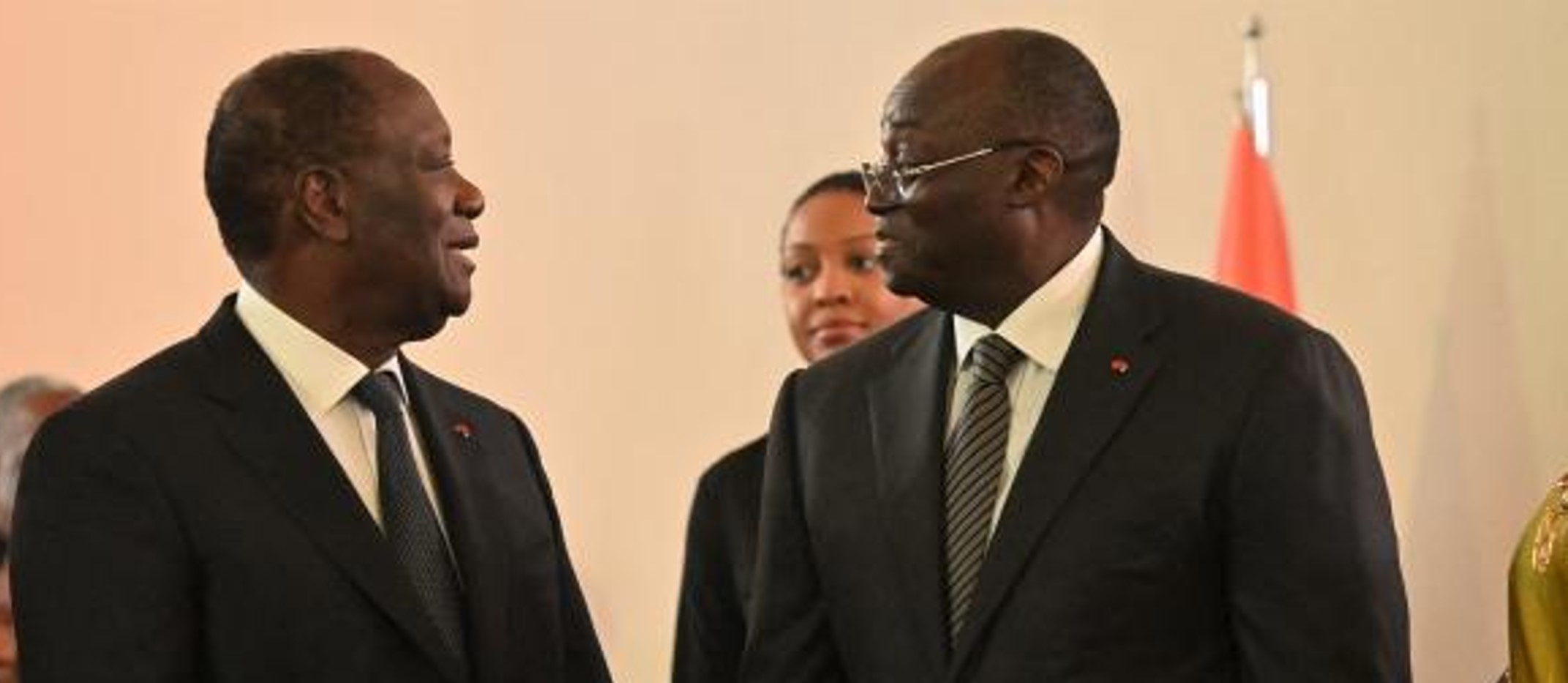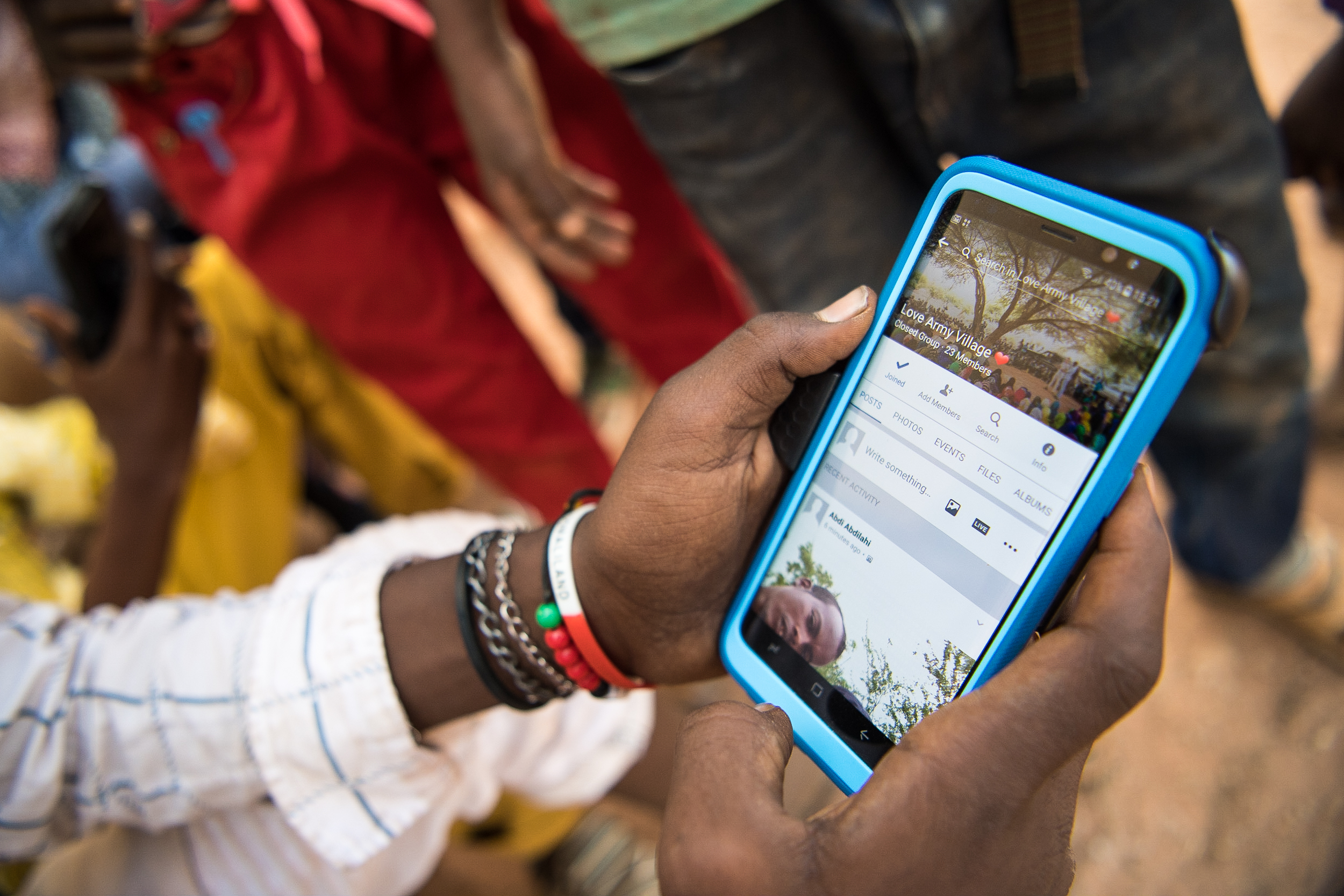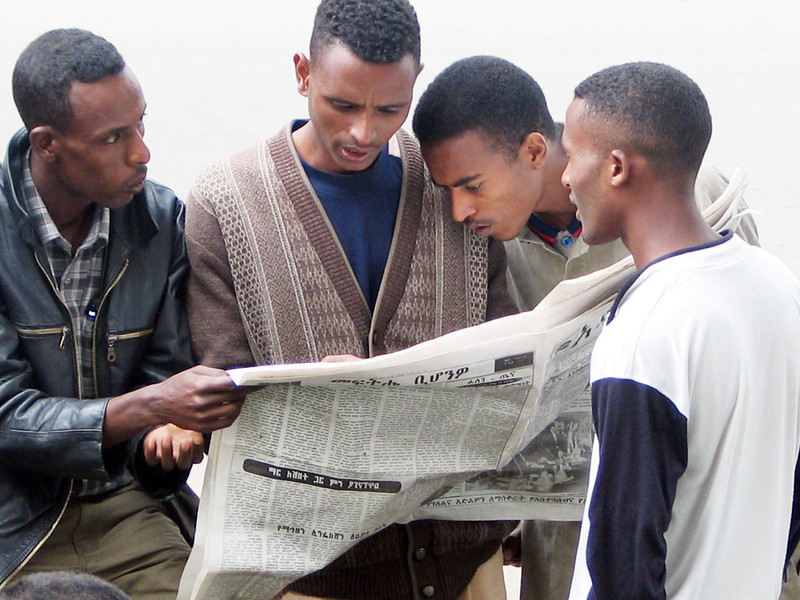We are excited to announce that Brink is now part of Africa Practice. Learn more
The past few weeks have seen some tumult in the Ivorian political space, marking the start of a race to succeed President Alassane Ouattara, who is due to step down in 2025 after serving three terms.
A streamlined cabinet
Prime Minister Patrick Achi announced his resignation on 13 April and was reappointed only a week later. On the same day, a streamlined cabinet of 32 ministers was announced. The previous one counted 41 ministers. Key portfolios remain in the hands of Ouattara loyalists. Some of the most notable changes included: Laurent Tchagba, former minister of hydraulics replacing Alain Richard Donwahi as minister of water and forests: Françoise Remarck becoming minister of culture; and Mamadou Sangafowa Coulibaly joining the government at the helm of the critical Ministry of Mines, Oil and Energy.
With the recent reshuffle, Ouattara showcased his administration’s commitment to curb spending in the current socioeconomic context. Last month, the government capped the price of rice and sugar. But, the popular discontent lingers in the face of increasing prices of food staples and enduring terrorism threats in the North.
A vice president at last
President Ouattara appointed Tiemoko Meyliet Koné, the governor of the Central Bank of West African States (BCEAO), as his vice president. This position, enshrined in the constitutional reform of 2016, had been vacant since July 2020 after the resignation of Daniel Kablan Duncan. Koné’s appointment was unexpected, but he has been Ouattara’s confidant for years, in particular on international issues such as the reform of the CFA franc.
Koné is widely recognised within both the public and private sectors as competent, and his appointment to the second most important position in Ivorian politics was widely welcome. Ouattara described him as a “brilliant economist” and an “exceptional technocrat”.
An unclear successor
Still, Ouattara’s succession remains an open question. Despite the shrinking of the pool of contenders, there is no clear dauphin and the president is still considering his options. Patrick Achi should not be considered out of the race, despite the fact that the ruling party’s old guard remains sceptical about where his loyalty lies. It is also unclear how President Alassane Ouattara will divide responsibilities between the prime minister and the vice president.
Despite this relative political uncertainty, Côte d’Ivoire is more stable than it has been in a long time. The relationship between Ouattara and key political figures like former Presidents Laurent Gbagbo and Henri Konan Bédié fluctuates constantly, but President Alassane Ouattara recently praised the consolidation of “peace and stability” and the establishment of a “political dialogue that has helped to further calm” in the country.
For investors, an intensification of politicking, as well as stakeholder changes within the ministries, could disrupt ongoing public-private collaborations. We advise that private sector actors re-engage new and old stakeholders once the post-reshuffle dust has settled, to ensure alignment and maintain continuity.
Africa Practice can help you anticipate and mitigate related risks, as well as seize the right opportunities. Read more about our services here.
Daphne Piriou is a senior consultant at Africa Practice, based in Abidjan. She can be contacted at [email protected].
Proud to be BCorp. We are part of the global movement for an inclusive, equitable, and regenerative economic system. Learn more



